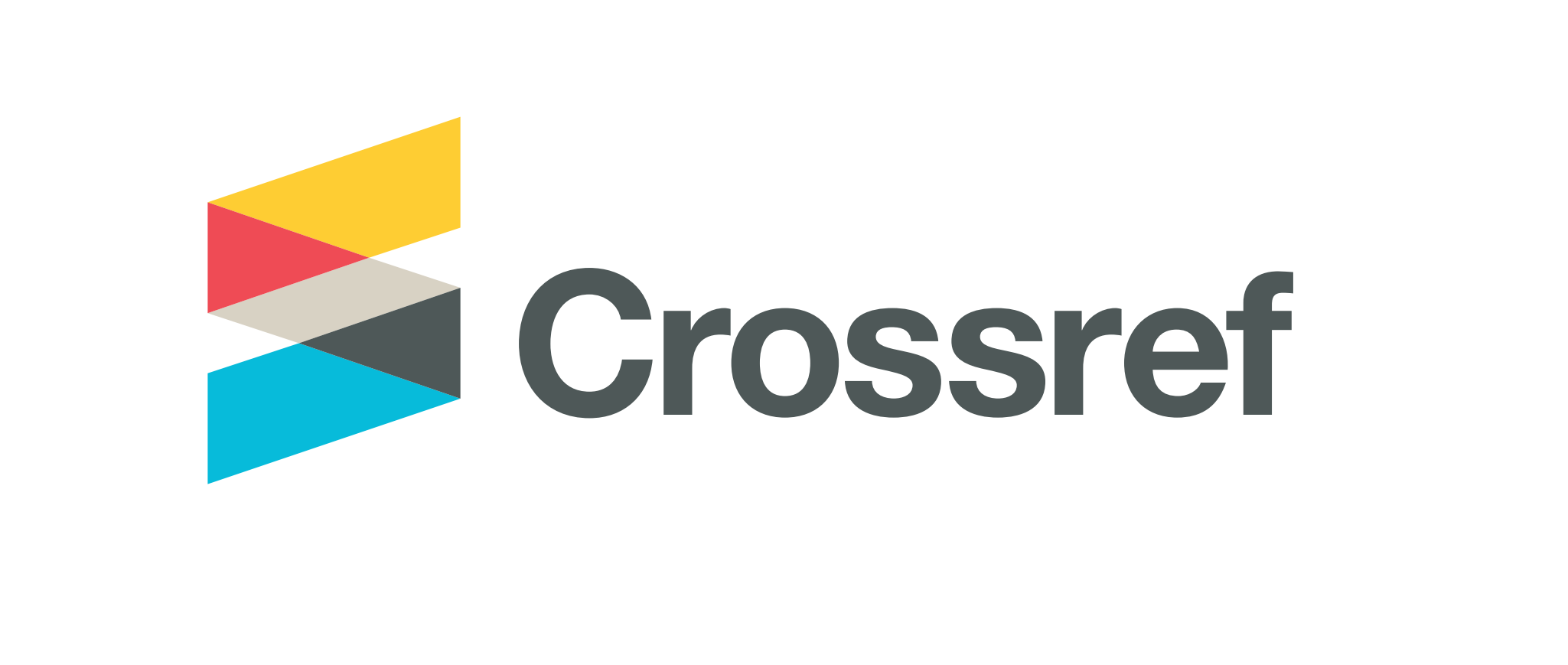Developing a contextualized card game to enhance productive skills in the English as a foreign language classroom
DOI:
https://doi.org/10.59758/rcci.2024.2.e30Palabras clave:
Contextualization, Game-based learning, Pedagogical resources, Language-learning materialsResumen
Aim: This study outlines the development of a contextualized card game aimed at enhancing productive skills for English as a foreign language (EFL) students in Ñuble, Chile. Recognizing the importance of contextualization in language learning, the researchers designed a game centered around iconic places of Ñuble to address the challenges of accessing meaningful language-learning materials. Methodology: The process was developed in four distinct phases: planning, curricular alignment, designing, and socialization. Each phase contributed to refining the instructional material, culminating in a set of 14 cards. These cards served as an avenue to explore the insights from three groups of participants – learners, teachers, and academics – and to identify the game's effectiveness in enhancing productive skills. Results: Findings indicate positive appraisals on the game's contextualization, showing a potential to motivate learners towards English language learning. Participants also recognized the game's flexible use in the EFL classroom and acknowledged its effectiveness in strengthening oral and written tasks. Conclusion: This initiative represents an innovative approach to leveraging local contexts for engaging language learning tools. Future research can build upon these findings to explore the effects of similar instructional materials in diverse educational settings.
Descargas
Referencias
Agencia Calidad de la Educación (2017, March 27). Informe de resultados estudio nacional de inglés 2017. https://archivos.agenciaeducacion.cl/Informe_Estudio_Nacional_Ingles_III.pdf
Baker, E. D.; Hope, L. & Karandjeff, K. (2009). Contextualized teaching & learning: A promising approach for basic skills instruction. Research and Planning Group for California Community Colleges (RP Group). https://files.eric.ed.gov/fulltext/ED521932.pdf
Barahona, M. (2014). Pre-service teachers’ beliefs in the activity of learning to teach English in the Chilean context. Cultural-Historical Psychology, 10(2), 116-122. https://psyjournals.ru/journals/chp/archive/chp_2014_n2.pdf#page=116
Chen, P. G.; Liu, E. Z. F.; Lin, C. H.; Chang, W. L.; Hsin, T. H. & Shih, R. C. (2012). Developing an education card game for science learning in primary education. In: 2012 IEEE Fourth International Conference On Digital Game And Intelligent Toy Enhanced Learning (pp. 236-240). IEEE. https://ieeexplore.ieee.org/document/6185626
Chen, M. P.; Wang, L. C.; Zou, D.; Lin, S. Y. & Xie, H. (2019). Effects of caption and gender on junior high students’ EFL learning from iMap-enhanced contextualized learning. Computers & Education, 140, 103602. https://doi.org/10.1016/j.compedu.2019.103602
Chen, M. P.; Wang, L. C.; Zou, D.; Lin, S. Y.; Xie, H. & Tsai, C. C. (2022). Effects of captions and English proficiency on learning effectiveness, motivation and attitude in augmented-reality-enhanced theme-based contextualized EFL learning. Computer Assisted Language Learning, 35(3), 381-411. https://doi.org/10.1080/09588221.2019.1704787
Chen, Q., & Wright, C. (2017). Contextualization and authenticity in TBLT: Voices from Chinese classrooms. Language Teaching Research, 21(4), 517-538. https://doi.org/10.1177/1362168816639985
Correa, R.; Lara, E.; Pino, P. & Vera, T. (2017). Relationship between group seating arrangement in the classroom and student participation in speaking activities in EFL classes at a secondary school in Chile. Folios, (45), 145-158. http://www.scielo.org.co/pdf/folios/n45/n45a11.pdf
Ellis, R. (1994). The study of second language acquisition. Oxford.
Guerriero, S. (2017). Pedagogical Knowledge and the Changing Nature of the Teaching Profession. OECD Publishing.
Harmer. J. (2015). The practice of English language teaching (3rd ed.). Pearson Longman.
Humaini, A. (2018). Experimental research: the effectiveness of card game learning media in learning shorof. Jurnal Al Bayan: Jurnal Jurusan Pendidikan Bahasa Arab, 10(2), 295-307. http://download.garuda.kemdikbud.go.id/article.php?article=928319&val=5890&title=Experimental%20Research%20The%20Effectiveness%20of%20Card%20Game%20Learning%20Media%20in%20Learning%20Shorof
Jarideh, F. & Kargar, A. A. (2016). Investigating the Impact of the Degree of Contextualization on Iranian Intermediate EFL Learners’ Reading and Listening Tests Performance. English Language Teaching, 2, 11-33. https://jmrels.journals.ikiu.ac.ir/article_805_6a2de5335003d021cdc00910b38ec819.pdf
Johnson, E. B. (2002). Contextual teaching and learning: What it is and why it's here to stay. Corwin Press.
Larsen-Freeman, D. (2011). Techniques and principles in language teaching. Oxford University Press.
Limantoro, S. W. (2018). Developing word-card games to improve English writing. PUPIL: International Journal of Teaching, Education and Learning, 2(3), 38-54. https://dx.doi.org/10.20319/pijtel.2018.23.3854
Mazzeo, C. (2008). Supporting student success at California community colleges: A white paper. Prepared for the Bay Area Workforce Funding Collaborative Career by the Career Ladders Project for California Community Colleges.
Ministerio de Educación (2016). Idioma extranjero inglés [English as a foreign language]. Curriculum Nacional.
https://www.curriculumnacional.cl/614/w3-propertyvalue-52050.html
Ministerio de Educación (2021). Estándares de la profesión docente. Carreras de pedagogía en inglés. [Teaching standards for English education programs]. https://estandaresdocentes.mineduc.cl/wp-content/uploads/2021/08/ingles.pdf
Muslichatun, I. (2013). Improving the students’ speaking practice in describing people by using contextualized card game. Language Circle: Journal of Language and Literature, 8(1), 23-34. https://doi.org/10.15294/lc.v8i1.3226
Newton, J. M.; Ferris, D. R.;Goh, C. C.; Grabe, W.; Stoller, F. L. & Vandergrift, L. (2018). Teaching English to second language learners in academic contexts: Reading, writing, listening, and speaking. Routledge.
Partnership 21 (2015). P21 Partnership for 21st Century Learning. http://www.p21.org/storage/documents/docs/P21_Framework_Definitions_New_ Logo_2015.pdf
Razali, W. N.; Amin, M. N.; Kudus, N. V. & Musa, M. K. (2017). Using card game to improve vocabulary retention: A preliminary study. International Academic Research Journal of Social Science, 3(1), 30-36. https://www.iarjournal.com/wp-content/uploads/IARJSS2017_1_30-36.pdf
Rivet, A. & Krajcik, J. (2008). Contextualizing Instruction: Leveraging Students’ prior knowledge and experiences to foster understanding of middle school science. Wiley InterScience. https://deepblue.lib.umich.edu/bitstream/handle/2027.42/57510/20203_ftp.pdf?sequence=1
Roberts, T. A.; Vadasy, P. F. & Sanders, E. A. (2020). Preschool instruction in letter names and sounds: Does contextualized or decontextualized instruction matter? Reading Research Quarterly, 55(4), 573-600. https://doi.org/10.1002/rrq.284
Sato, M. & Oyanedel, J. C. (2019). “I think that is a better way to teach but…”: EFL teachers’ conflicting beliefs about grammar teaching. System, 84, 110-122. https://doi.org/10.1016/j.system.2019.06.005
Sticht, T. (2000). Functional context education: Making learning relevant. https://files.eric.ed.gov/fulltext/ED480397.pdf
Su, T.; Cheng, M. T. & Lin, S. H. (2014). Investigating the effectiveness of an educational card game for learning how human immunology is regulated. CBE—Life Sciences Education, 13(3), 504-515. https://doi.org/10.1187/cbe.13-10-0197
Sung, H. & Ching, G. (2012). A case study on the potentials of card game-assisted learning. International Journal of Research Studies in Educational Technology, 1(1), 25-31. https://doi.org/10.5861/ijrset.2012.v1i1.64
Tomlinson, B. (2011). Materials development in language learning (2nd ed.). Cambridge University Press.
Vega-Abarzúa, J. & Pleguezuelos Saavedra, C. (2022). Aprendizaje Basado en Proyectos: Experiencia interdisciplinar entre inglés y Diseño Gráfico en pregrado. Revista de Estudios y Experiencias en Educación, 21(46), 416-428. http://dx.doi.org/10.21703/0718-5162.v21.n46.2022.023
Vega-Abarzúa, J.; Pastene-Fuentes, J.; Pastene-Fuentes, C.; Ortega-Jiménez, C. & Castillo-Rodríguez, T. (2022). Collaborative learning and classroom engagement: A pedagogical experience in an EFL Chilean context. English Language Teaching Educational Journal, 5(1), 60-74. http://dx.doi.org/10.12928/eltej.v5i1.5822
Vossen, D. P. (2004). The nature and classification of games. Avante, 10(1). https://citeseerx.ist.psu.edu/document?repid=rep1&type=pdf&doi=f51f6b4bae3bed7cfe78196644ccbec867c1ab4b
Zakaria, N.; Anuar, N. A. K.; Jasman, N. H.; Mokhtar, M. I. & Ibrahim, N. (2022). Learning grammar using a card game. International Journal of Academic Research in Business and Social Sciences, 12(2), 464-472. http://dx.doi.org/10.6007/IJARBSS/v12-i2/12259
Zoghi, M. & Mirzaei, M. (2014). A comparative study of textual and visual contextualization on Iranian EFL learners' vocabulary learning. International Journal of Basic and Applied Science, 2(3), 31-40. https://www.semanticscholar.org/paper/A-Comparative-Study-of-Textual-and-Visual-on-EFL-Zoghi-Mirzaei/00f3bafad732296b310fa6f789597178c0fdcd8b

Publicado
Licencia
Derechos de autor 2024 Jessica Vega-Abarzúa, Valeria Guerra Budini, Camila Benevente Rubio (Autor/a)

Esta obra está bajo una licencia internacional Creative Commons Atribución-NoComercial-CompartirIgual 4.0.






